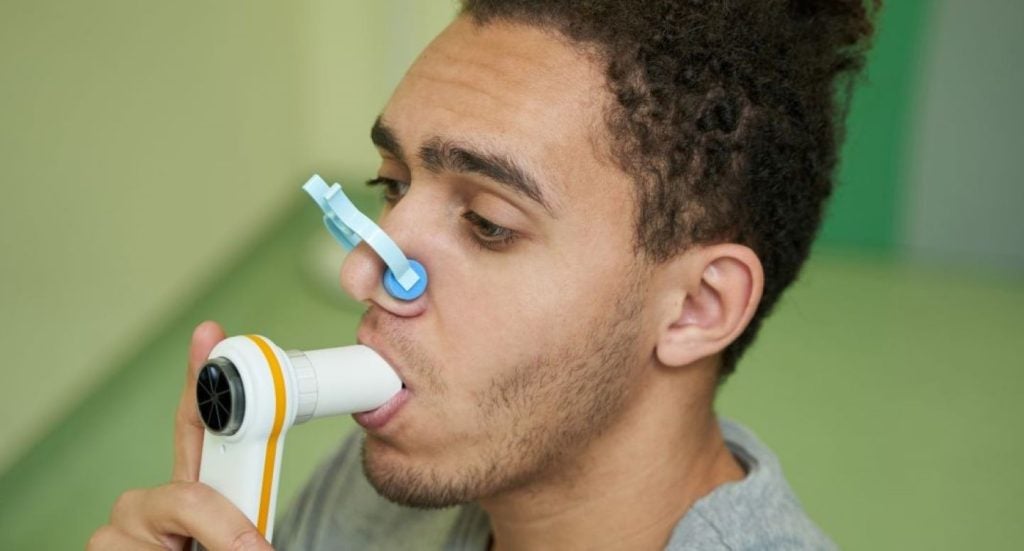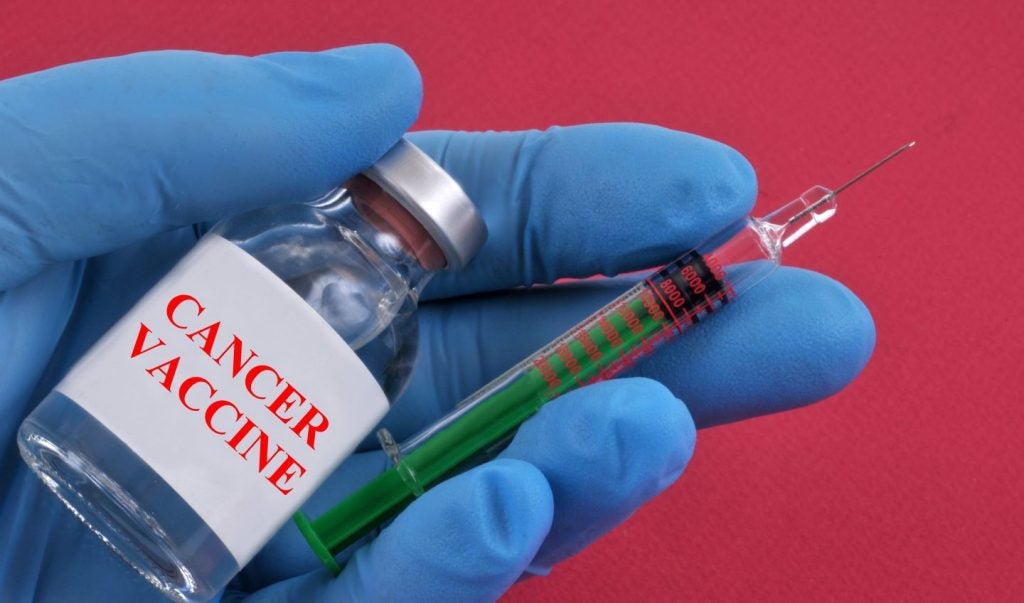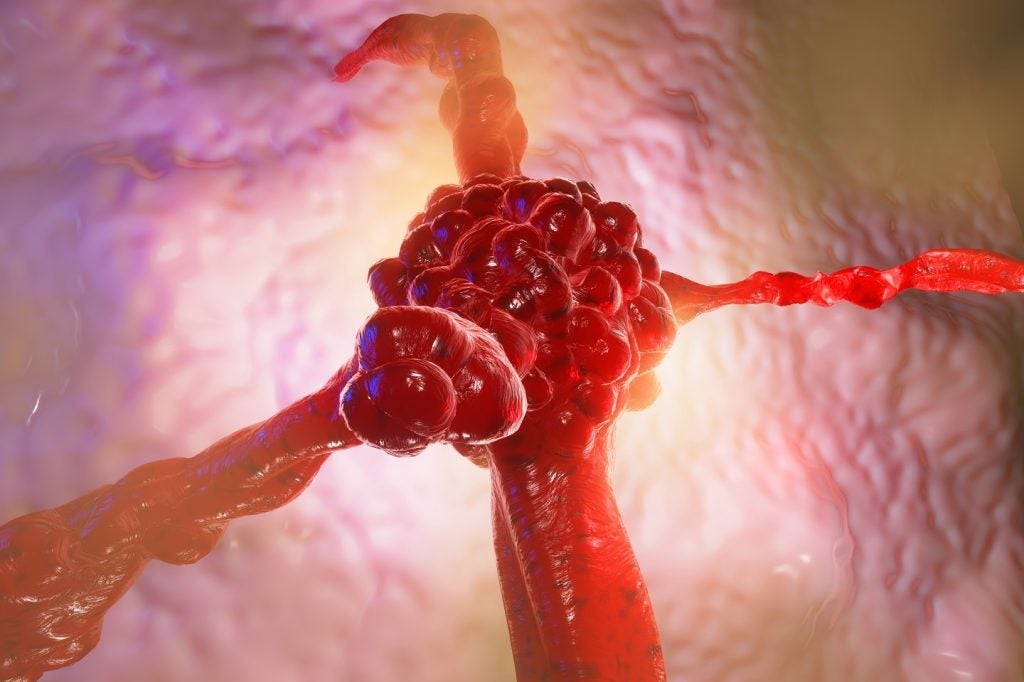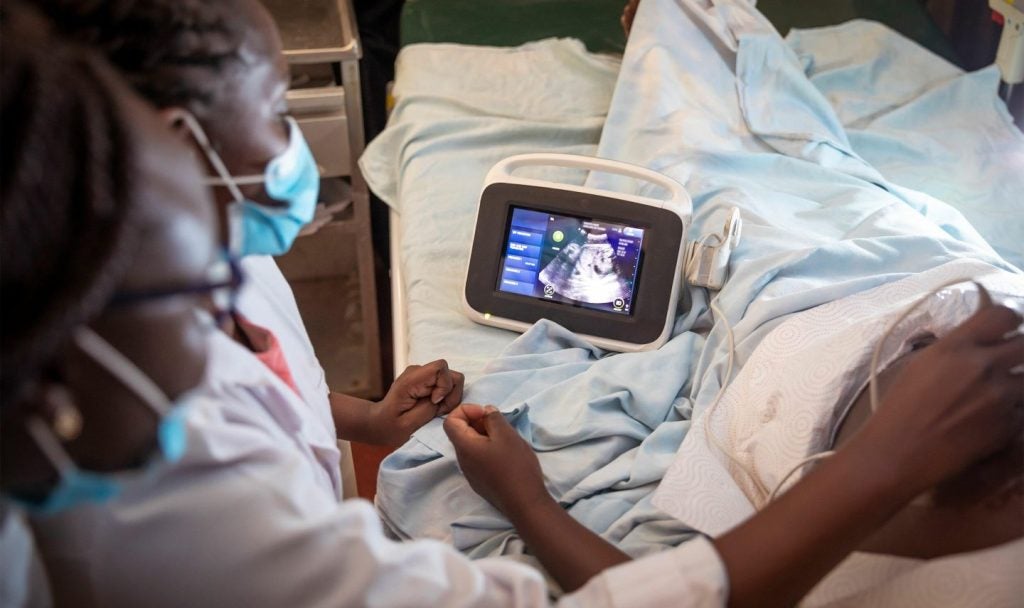The Jenner Institute at the University of Oxford, UK, has launched a clinical trial to investigate the potential benefits of administering the Bacillus Calmette-Guérin (BCG) vaccine for tuberculosis (TB) via inhalation.
The study aims to determine if this method is more effective in protecting against TB than the traditional intradermal injection administered into the skin.
As the natural route of TB infection is through inhaling droplets into the lungs, the trial intends to deliver the BCG vaccine using the same route, which is predicted to cause superior immune system stimulation.
The trial will also assess the immune response in individuals with type 2 diabetes (T2D), who are at an increased risk of contracting TB.
It will enrol healthy subjects both with and without T2D who have previously received the BCG vaccine.
These participants will be divided into three groups of 12 and given the vaccine either as an injection into the skin or in the inhaled formulation.
The volunteers will be closely monitored for six months to track side effects and evaluate their immune responses.
One of the top ten causes of death worldwide, TB is caused by the bacterium known as Mycobacterium Tuberculosis.
The current BCG vaccine is administered as a single dose under the skin and is the only licensed vaccine against TB.
Its effectiveness is limited among adult patients, who represent the majority of TB deaths.
University of Oxford TB Vaccine Trials Jenner Institute chief investigator professor Helen McShane said: “This important new study will help us to see whether giving BCG more than once stimulates a stronger immune response and whether giving it by inhalation is better than giving it into the skin.
“Small studies like these are really important to help us understand the immune response in people and allow us to design and test better vaccines.”













